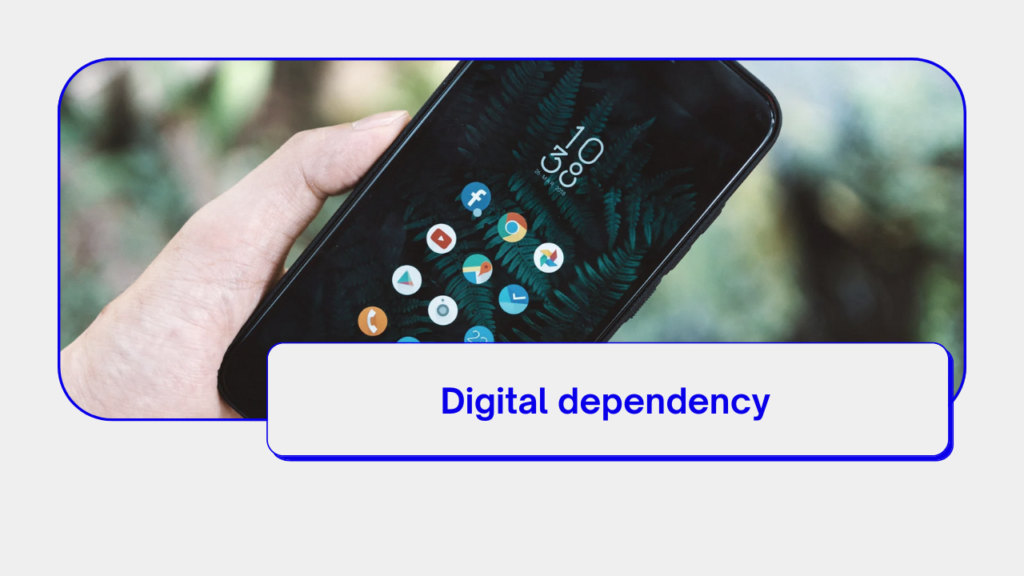
In today’s world, technology has become deeply intertwined with our daily lives. From smartphones and tablets to laptops and smartwatches, digital devices have transformed how we communicate, work, and entertain ourselves. This increasing reliance on technology has raised important questions about the consequences of technological dependence and its long-term impact on individuals and society.
The Pervasive Presence of Technology
Digital devices have made many aspects of life more convenient and efficient. Communication, once limited to face-to-face interactions or landline phones, now happens instantly across the globe through messaging apps, social media, and video calls. Work tasks that once required extensive paperwork are now managed with a few clicks on a laptop or smartphone. Entertainment, once restricted to television or in-person events, is available on demand, with endless streaming services offering movies, shows, and music at any time.
The rise of mobile technology, in particular, has revolutionized how we connect with the world. According to a 2021 report by Statista, there were more than 6.3 billion smartphone users worldwide, and this number is expected to grow. With such widespread access, it’s no surprise that many people rely on these devices not only for work and communication but also for navigation, education, shopping, and even health management. In essence, digital devices have become an integral part of modern life.
Benefits and Efficiency
The benefits of technological advancement are undeniable. Access to real-time information and connectivity has expanded educational opportunities, enabled telemedicine, and improved global commerce. With a smartphone in hand, individuals can access an entire world of knowledge, communicate with others across the globe, or even monitor their physical activity and health metrics. These advancements have brought many positive changes, allowing for more efficient workflows, better communication, and even enhanced safety through GPS navigation and emergency services.
Moreover, digital devices have made it possible for people to stay connected even in times of physical distance. During the COVID-19 pandemic, for instance, technology facilitated remote work, virtual education, and social interactions, keeping the world moving despite widespread lockdowns.
The Downside of Technological Dependence
However, with these benefits come drawbacks. Technological dependence has begun to take a toll on mental health, social relationships, and overall well-being. The constant barrage of notifications and the endless stream of content can lead to overstimulation and burnout. A 2017 study published in the journal Computers in Human Behavior found that heavy smartphone users reported higher levels of anxiety, depression, and stress. Additionally, the rise of social media has been linked to feelings of inadequacy, loneliness, and low self-esteem, as individuals compare themselves to others’ carefully curated digital lives.
Excessive use of digital devices can also disrupt sleep patterns. The blue light emitted by screens interferes with the production of melatonin, a hormone that regulates sleep, leading to insomnia and poor sleep quality. Furthermore, heavy use of technology can strain personal relationships, as face-to-face interactions are often replaced by virtual communication.
Balancing Technology and Life
As technological dependence grows, it becomes essential to strike a balance between utilizing the benefits of digital devices and mitigating their negative effects. Strategies such as setting boundaries for screen time, engaging in regular physical activity, and prioritizing face-to-face interactions can help reduce the harmful impact of excessive technology use.
In conclusion, while digital devices have brought tremendous convenience and opportunity, the rise of technological dependence also presents challenges to our mental health, relationships, and overall well-being. As technology continues to advance, it is crucial for individuals to remain mindful of how they engage with it and to ensure that it enhances, rather than detracts from, their quality of life.









